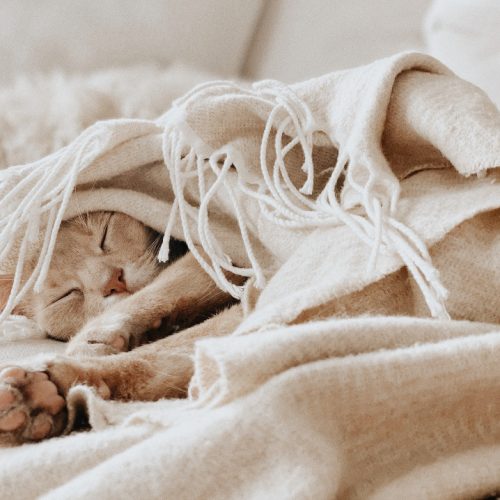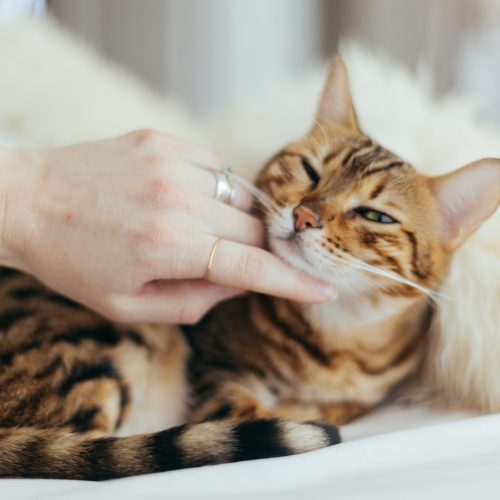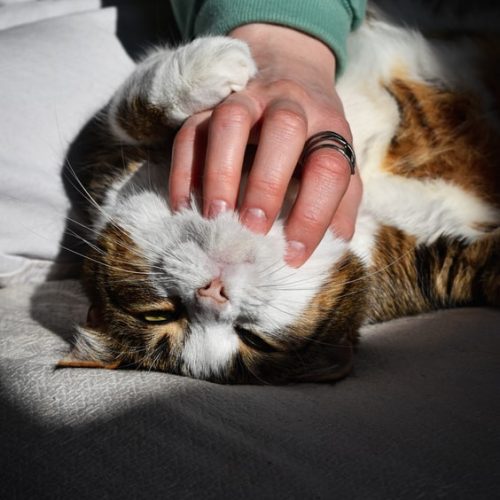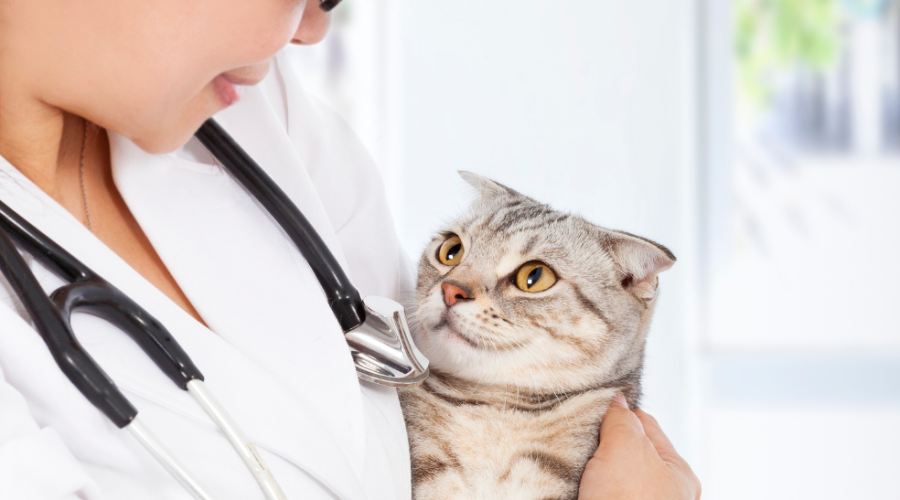Keeping Your Feline Friend Healthy
Pet ownership is on the rise, and with that, the need for happy, healthy pets. Cats are notorious for being independent, which can make it seem like they don’t need regular check-ups. However, even though they may not show it, cats rely on their owners to help them stay healthy.
One of the best ways to ensure your feline friend’s health is to keep up with a regular vaccination schedule and wellness visits to the vet. So, what are the most common reasons why cats have to visit the vet?
The Importance of Taking Your Cat To The Vet

Cats are masters at hiding illness, so by the time they show signs of being sick, it means that the disease has often progressed quite far. This is why taking your cat to the vet for regular check-ups is so important. It allows your veterinarian to catch problems early and start treatment before the condition becomes serious.
- To keep up with vaccinations
- To check for parasites
- To monitor weight and nutrition
- To catch health problems early
- To get professional advice on cat health and care
Common Reasons Why Cats Visit the Vet
Whether they are a homebody or outdoor explorer, all cats need regular check-ups with their veterinarian. Here are some of the most common reasons why:
Vaccinations
We all know the importance of vaccinations and their role in protecting their health and wellbeing. Cats need to be vaccinated against a number of diseases, including rabies, feline leukaemia distemper and more. These vaccinations help keep your cat healthy and protect them from serious, potentially deadly diseases.
There is a range of vaccines for cats that protects against serious and potentially life-threatening diseases, and these should be administered according to veterinary advice. These include:
Core Vaccinations
A core vaccine is recommended by veterinarians for all cats, regardless of lifestyle. It protects from a variety of diseases that can affect your pet’s intestinal tract and respiratory system.
Starting from 6-8 weeks of age, these vaccines must be administered at regular intervals as advised by your vet.
Non-Core Vaccinations
Non-core vaccinations are secondary vaccinations that may not be needed for all cats.
That said, the type of non-core vaccinations and their schedule are often recommended by your vet depending on your cat’s lifestyle and their risk of exposure to certain diseases.
Fleas, Ticks and Worms
Fleas can be a menace. Not only do they make your cats itchy and uncomfortable, but they can also transmit diseases. Ticks, on the other hand, can prove fatal if you are unaware your cat has been bitten by one. By being familiar with the signs and symptoms of tick paralysis, you can contact your vet immediately if you believe your cat may have been bitten.
Worms are another common problem in cats. There are different types of worms that can affect your cat in a variety of ways. As a responsible pet owner, it is important to deworm your cat on a regular basis. Your vet will be able to advise you on the best worming schedule for your cat.
Track Your Cat's Weight
Cats, like humans, can be prone to weight gain. This is often due to a sedentary lifestyle and poor diet. Obesity in cats can lead to a number of health problems, including diabetes, joint problems and respiratory difficulties.
To ensure your cat maintains a healthy weight, it is important to monitor their food intake and level of activity. With the help and advice from your vet, you can create a tailored diet and exercise plan for your cat.
Catching Health Problems Early
As we mentioned before, one of the main reasons to take your cat for regular vet check-ups is to catch health problems early. This is because many diseases can progress quickly in cats and become difficult to treat if they are not caught early.
Regular checkups ensure that your cat is up-to-date on vaccinations and allows the vet to check for any signs of illness. It is also an opportunity for you to ask any questions you may have about your cat’s health or nutrition.
Skin Conditions
Cats can suffer from a variety of skin conditions, some of which can be quite serious. These include allergies, flea allergy dermatitis, mange and more. If you notice any changes in your cat’s skin or coat, such as excessive scratching or bald patches, it is important to take them to the vet for a check-up.
Diabetes
Diabetes is a common health problem in cats and can often go unnoticed until it is too late. Symptoms of diabetes in cats include increased thirst, urination and appetite. If you notice any of these changes in your cat, it is important to take them to the vet for a check-up.
Your vet will be able to diagnose diabetes with a simple blood test and will put your cat on a treatment plan to manage the condition.


When You Should Take Your Cat To The Vet
Now that we’ve looked at some of the reasons why you should take your cat to the vet, let’s look at when you should do it. Cats should see the vet at least once a year for a check-up and vaccinations.
However, if you notice any changes in your cat’s health or behaviour, it is important to take them to the vet as soon as possible. Some of the signs that you should take your cat to the vet include:
- Changes in appetite or weight
- Lethargy or tiredness
- Excessive drinking
- Changes in toilet habits
- Vomiting or diarrhoea
- Breathing difficulties
- Coughing
- Skin problems
If you are ever concerned about your cat’s health, it is always best to err on the side of caution and take them to the vet.

Taking Your Cat To The Vet
As you can see, there are many reasons to take your cat for regular check-ups at the vet. By doing so, you can catch health problems early, ensure your cat is up-to-date on vaccinations and keep them happy and healthy for years to come!
The team at the House Call Vet are experienced in caring for cats of all shapes, sizes and age. We provide a variety of services, including vaccinations, dental care, health check-ups and more. Contact us today to book an appointment!

